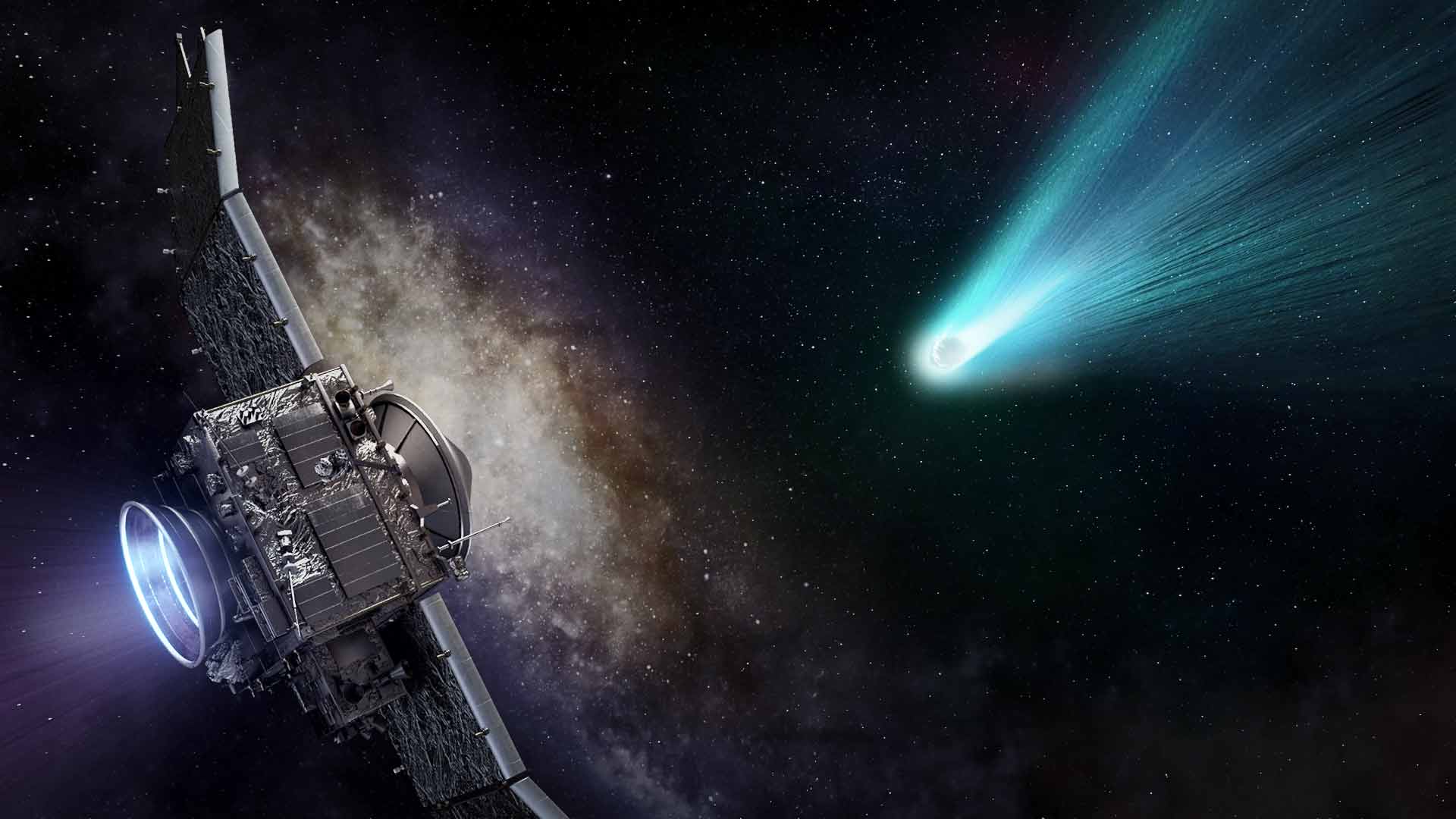Here's a Disturbing Theory About Why Climate Change Seemed to 'Pause' for 15 Years

In the 2004 climate-change disaster flick "The Day After Tomorrow," increased greenhouse gases in the atmosphere have a paradoxical effect: Rather than heating up the planet, they trigger a sudden-onset global ice age. The movie was very silly and unscientific, but there was a kernel of truth at the core of it: The Earth really does have a massive, hidden air-conditioning system that messes with the climate in paradoxical, unexpected ways and is, in turn, affected by climate change. And a new paper turns to that AC unit to, possibly, answer one of the abiding mysteries of climate change: Why did warming seem to "pause" from the mid-1990s to the early 2000s?
Earth's air conditioning system is called the Atlantic Meridional Overturning Circulation (AMOC). It's a massive, looping current that carries warm water over the sea surface toward the North Atlantic and ferries cold (denser) water south along a deeper undersea route. It's the most important reason that much of Europe — a region much farther north than most population centers in North America or Asia — is warm enough to be comfortably inhabited, and it generally moderates temperatures across the North Atlantic region.
Researchers have suspected for a long time that the fate of the AMOC might be important to the overall fate of a world subject to rapid climate change. [Photos: Notoriously Dangerous Ocean Reef Holds Shipwreck Secrets]
But in the past, as Live Science has previously reported, the most common versions of that scenario have looked a lot like the scraps of science that ended up in the plot of "The Day After Tomorrow" (albeit, infinitely less bananas): Fresh water from melting glaciers enters the Atlantic and displaces that salty, warm water flowing north as part of the AMOC. The cycle slows or collapses, and its warming effect on the northern latitudes weakens or disappears. Europe and North America get colder and experience harsher, more-extreme winters — perhaps to the point of a new ice age.
This matches closely with findings from paleoclimatology: During periods in the distant past when the AMOC was weaker, these regions of the world do seem to have been much colder.
The new paper, published July 18 in the journal Nature, argues that things might not work that way in a world like ours, warming rapidly as it is thanks to the extreme spike in greenhouse gases. The new study follows up on earlier research published in 2014 by the same authors, which Live Science covered at the time.
The researchers analyzed how the AMOC has behaved over the course of the last several decades, and they compared that behavior with climate change trends over the same period. The scientists found that the AMOC was slower and weaker between 1975 and 1998 than it was in the 15 years that followed. And the world didn't cool between 1975 and 1998; rather, that was when the first signs of significant global warming became evident.
Get the world’s most fascinating discoveries delivered straight to your inbox.
By 2004, however, the AMOC had significantly strengthened, coinciding with the supposed "pause" in climate change that began in 1998 — when the increase in our planet's surface temperature slowed. The AMOC has since declined in strength again, and in the last decade, the world has experienced nine out of the 10 hottest years on record.
Perhaps, the authors suggest, as the world rapidly heats up, the AMOC performs a different role than usual. Instead of primarily serving to warm the northern latitudes, it might cool the surface of the planet overall by stashing heat pulled from the middle latitudes into the deep waters of the north. When the AMOC is strong (as it was during the supposed global warming "hiatus"), it pulls more heat north. That might work to temporarily put off the effects of climate change.
When the AMOC weakens, though, that balance might break down, causing global temperatures to spike. And, the researchers point out, AMOC experts predict that it will continue to weaken in coming decades.
This research shouldn't be taken as a definitive prediction of the future of the planet, or the AMOC. The whole idea of a climate change pause is itself controversial. But this new paper represents a compelling step forward in the effort to explain some of the strange behavior in the climate in the last several decades.
Originally published on Live Science.



